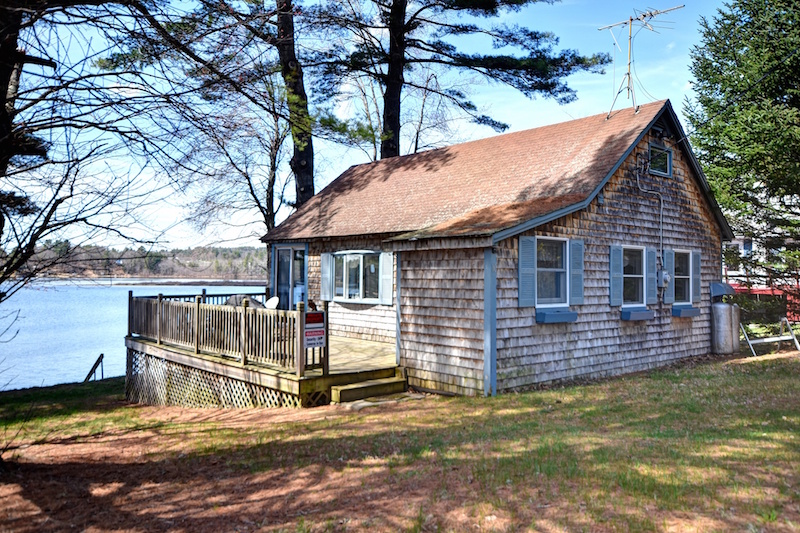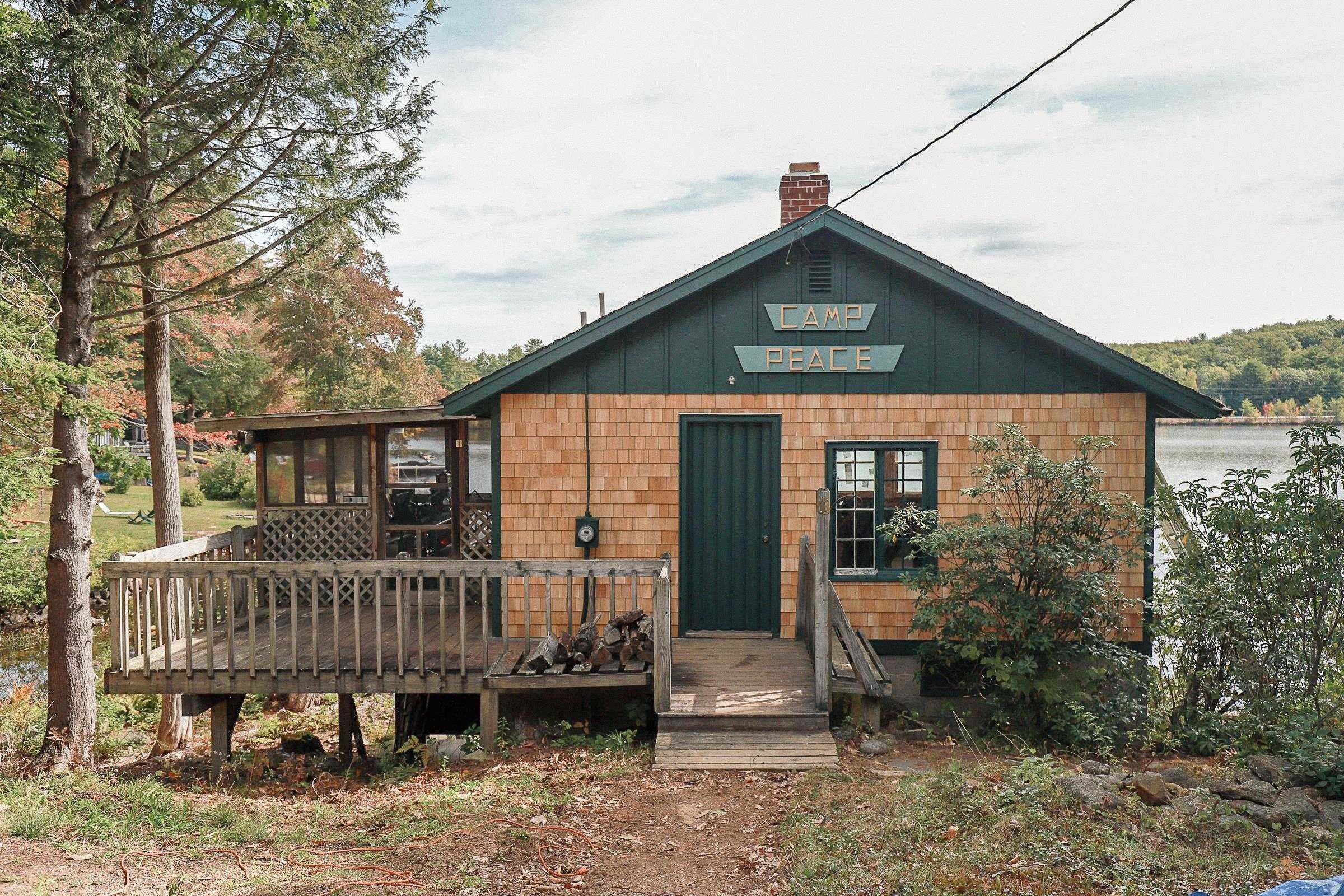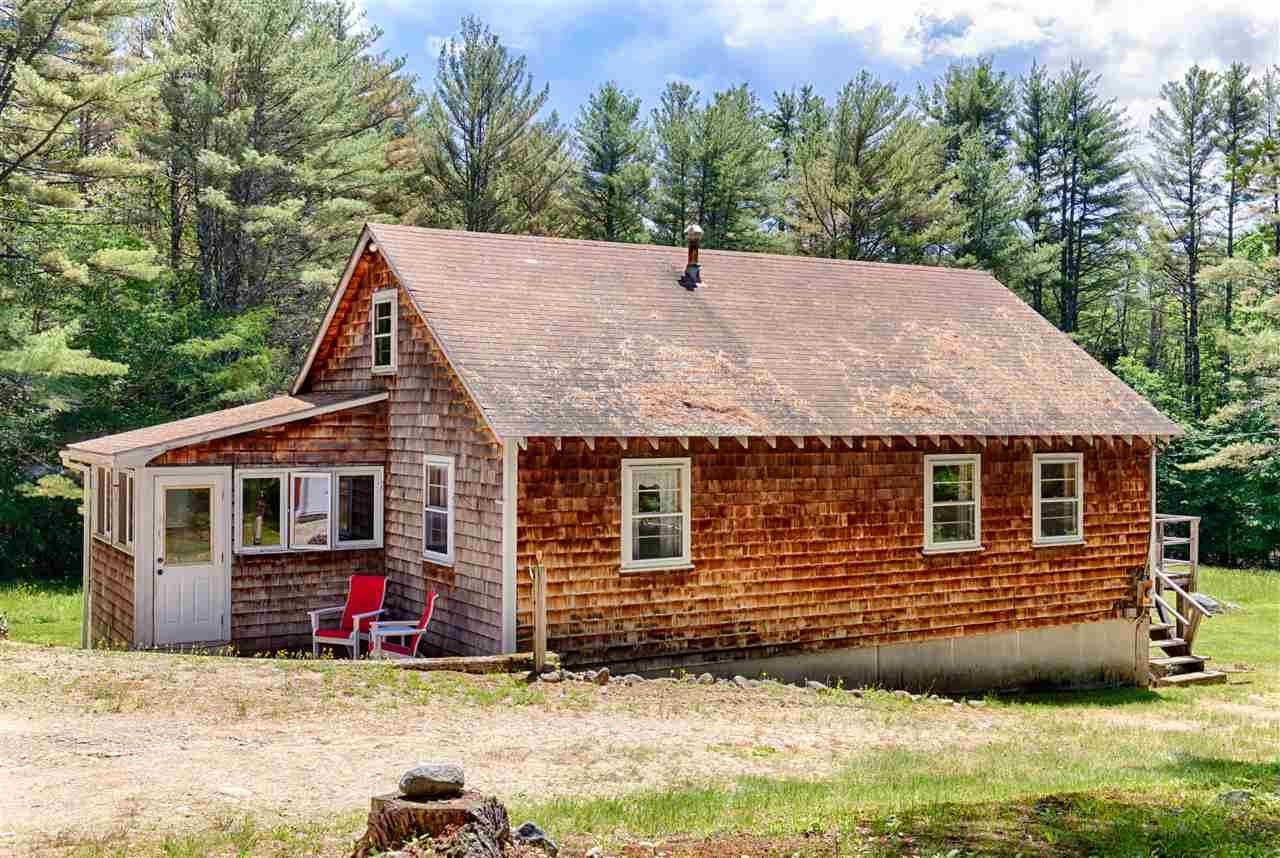Land For Sale By Owner Nh – The production of new goods often requires significant resources, such as raw materials, energy, and labor, while also generating waste and contributing to pollution. For some, the thrill of hunting for unique, one-of-a-kind items is as much a part of the experience as the purchase itself. Quality goods transcend trends and fleeting fads. Social media platforms, for example, offer users a chance to buy into their own identity, to curate a version of themselves that is more appealing, more desirable, more marketable. And, in a way, this is the ultimate form of freedom: the ability to buy, sell, and trade on your own terms. There’s a certain art to selling something. In this digital age, it often feels like there’s no such thing as privacy anymore, and that’s because we’ve essentially agreed to sell pieces of ourselves in exchange for recognition, affirmation, or even money. For many, owning a quality product means owning a piece of history, a connection to something larger than themselves. Whether it’s the smooth finish of a well-polished wooden table or the satisfying feel of a perfectly balanced knife in your hand, quality goods evoke a sense of pride in their ownership. For the seller, the goal is to achieve the highest price possible for the business, while for the buyer, the goal is often to secure a fair price that reflects the true value of the business. Are there things that should be kept beyond the realm of trade? Or has the marketplace — with its insatiable demand and promise of exchange — seeped into every facet of our being?
If everything is for sale, then the concept of value itself becomes fluid, subjective, and often manipulated. This can bring about feelings of uncertainty, as there’s no guarantee that the right buyer or partner will come along. But what about the intangible things? Can memories be bought? Can feelings, emotions, or connections be traded? In a sense, many people would argue that in today’s world, even the intangible is up for grabs. These platforms allow buyers to browse listings, access detailed business profiles, and initiate contact with sellers, all from the comfort of their own home. This sense of connection can also extend to the broader culture of quality goods, where consumers and creators share a commitment to excellence and a desire to preserve the craft and tradition behind these products. For the seller, the goal is often to maximize the value of the business, which requires a clear understanding of the company’s assets, liabilities, and future earning potential. This is especially true in a world dominated by fast fashion, disposable electronics, and mass-produced products. For the seller, there is the risk that they may not be able to find a buyer who is willing to pay the desired price, or that the sale may not go through as planned. Many second-hand clothing stores and online platforms specialize in curating high-quality, gently used apparel, making it easy for consumers to find fashionable items that align with their tastes. Additionally, there is the challenge of integrating the business into their existing operations and ensuring that it continues to thrive under new ownership.
Acworth New Hampshire Land / Acres For Sale page 1
Find your country escapesearch top us real estatebuy farms and acreages
Lyme NH Real Estate Lyme New Hampshire Land / Acres For Sale page 1
Find your country escapesearch top us real estatebuy farms and acreages

Rumney, Grafton County, NH House for sale Property ID 415084641
Find your country escapesearch top us real estatebuy farms and acreages
Unity New Hampshire Land / Acres For Sale page 1
Find your country escapesearch top us real estatebuy farms and acreages

4 acres in Grafton County, New Hampshire
Find your country escapesearch top us real estatebuy farms and acreages

Rindge, Cheshire County, NH Lakefront Property, Waterfront Property
Find your country escapesearch top us real estatebuy farms and acreages

For Sale By Owner Southern Nh at Robert Yang blog
Find your country escapesearch top us real estatebuy farms and acreages

760 North Line Road, Tuftonboro, NH 03816 See Estimated Value
Find your country escapesearch top us real estatebuy farms and acreages

Rindge, Cheshire County, NH Lakefront Property, Waterfront Property
Find your country escapesearch top us real estatebuy farms and acreages

7 acres in Carroll County, New Hampshire
Find your country escapesearch top us real estatebuy farms and acreages
These platforms allow users to browse listings, communicate with sellers, and make purchases from the comfort of their own homes. The culture of buying second-hand goods is rapidly shifting in the modern world, particularly among younger generations. In addition to individual sales, online marketplaces often feature businesses and professional sellers who specialize in second-hand goods, providing buyers with a curated selection of high-quality items. These platforms have also made it easier for individuals to sell their own pre-owned goods, turning unused or unwanted items into cash. The production of new goods often requires significant resources, such as raw materials, energy, and labor, while also generating waste and contributing to pollution. The items placed for sale are not merely commodities; they are often vessels of memories, symbols of past achievements, or representations of something bigger than the price tag they carry. The advent of these online platforms means that consumers can hunt for items they might have otherwise overlooked or been unaware of, sometimes at a fraction of the original cost. But in the end, whether it’s an item or an individual, the process of being “for sale” is a negotiation of worth, a moment of exchange. The closing process also involves transferring the business’s assets, such as inventory, property, intellectual property, and customer contracts, to the new owner. Both the buyer and the seller are seeking the best possible terms, and finding common ground can be a challenge. These brick-and-mortar stores offer a different shopping experience, one that is often characterized by the thrill of the hunt. This shift from a linear economy, where products are made, used, and disposed of, to a circular one, where products are continually reused and repurposed, is a step towards a more sustainable and environmentally friendly world. Due diligence is a crucial part of the process, where the buyer investigates the business thoroughly to ensure that there are no hidden liabilities, potential risks, or operational inefficiencies. This pride comes not just from the product itself, but from knowing that you are supporting a tradition of craftsmanship and care. Second-hand goods for sale have become an integral part of today’s economy, a trend that transcends geographic, economic, and cultural boundaries. For those on the outside looking in, the idea of acquiring an existing business might seem both enticing and overwhelming. These generations are more aware of the environmental impact of fast fashion, disposable goods, and the need to adopt more sustainable practices. Online platforms also give buyers and sellers the chance to evaluate one another through reviews and ratings, adding an extra layer of trust and security to the transaction. When consumers buy these goods, they are investing in both the product and the people behind it. They also often help with legal and financial aspects, ensuring that the transaction is completed smoothly and efficiently.
The world of second-hand shopping has also made quality goods more accessible. Cars, too, are often sold with a sense of transition. The struggle is not in resisting the marketplace entirely, but in finding balance, in ensuring that the things that truly matter cannot be bought, sold, or traded. By purchasing second-hand goods, consumers help keep products circulating in the economy, giving them new life and purpose. These platforms have also made it easier for individuals to sell their own pre-owned goods, turning unused or unwanted items into cash. This can bring about feelings of uncertainty, as there’s no guarantee that the right buyer or partner will come along. While the online second-hand market has flourished, traditional thrift stores and second-hand shops continue to play an important role in the buying and selling of pre-owned goods. The idea that everything has a price, and that everything is for sale, may seem like a grim outlook, but it’s one that has become increasingly true. One of the major environmental concerns with new products is the waste that they often generate at the end of their life cycle. For sellers, this creates an opportunity to declutter their homes and make some extra money, while buyers have access to a vast marketplace of affordable, unique, and sustainable products. A car is something that can hold a great deal of sentimental value. Success after the acquisition depends on a variety of factors, such as effective leadership, market conditions, and the buyer’s ability to make improvements and capitalize on growth opportunities. When someone talks about purchasing quality goods, they are likely thinking of items that have been designed to last, to provide a superior experience, and to offer a sense of value far beyond the initial cost. Similarly, gently used clothing from high-end brands can be found for a fraction of their original retail price. In the realm of real estate, for instance, selling a house is often an emotional and logistical challenge. For sellers, the market for second-hand goods offers an opportunity to declutter their homes and make some extra money. These moments remind us that there is more to life than the pursuit of profit, and that not everything can be measured by a price tag. The possibilities are endless, and the result is often something more unique and personal than what could be bought new. When you buy something made from premium materials, crafted with attention to detail, and tested for reliability, you can expect it to deliver value that surpasses its initial cost. The notion suggests a world where anything and everything, regardless of its intrinsic value, can be bought, sold, or traded.